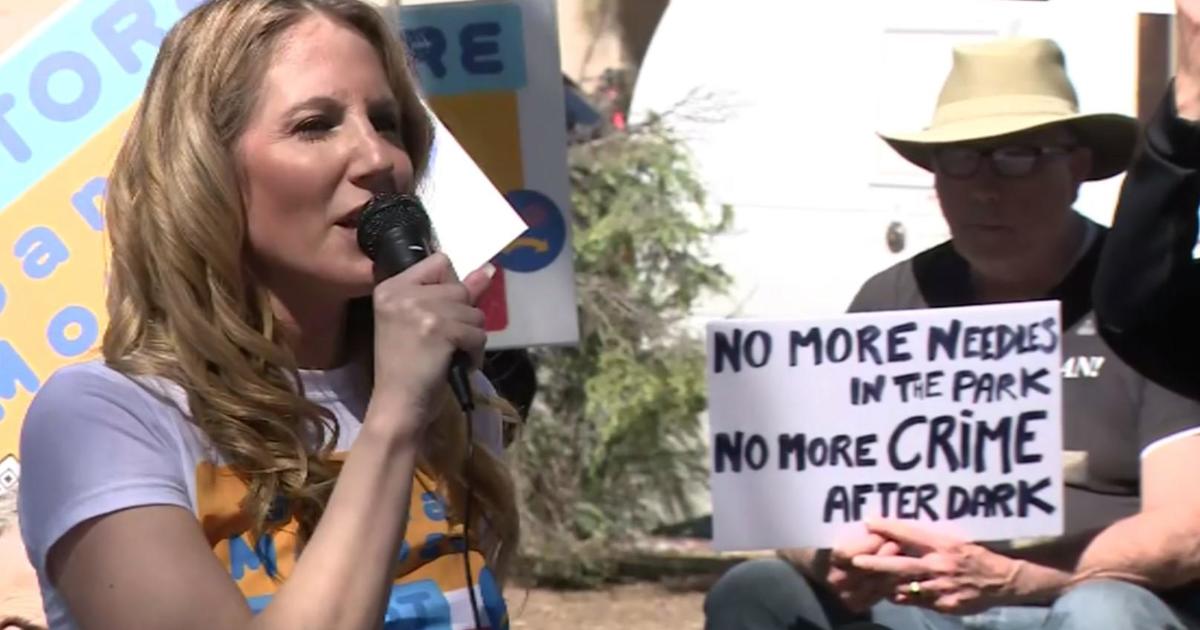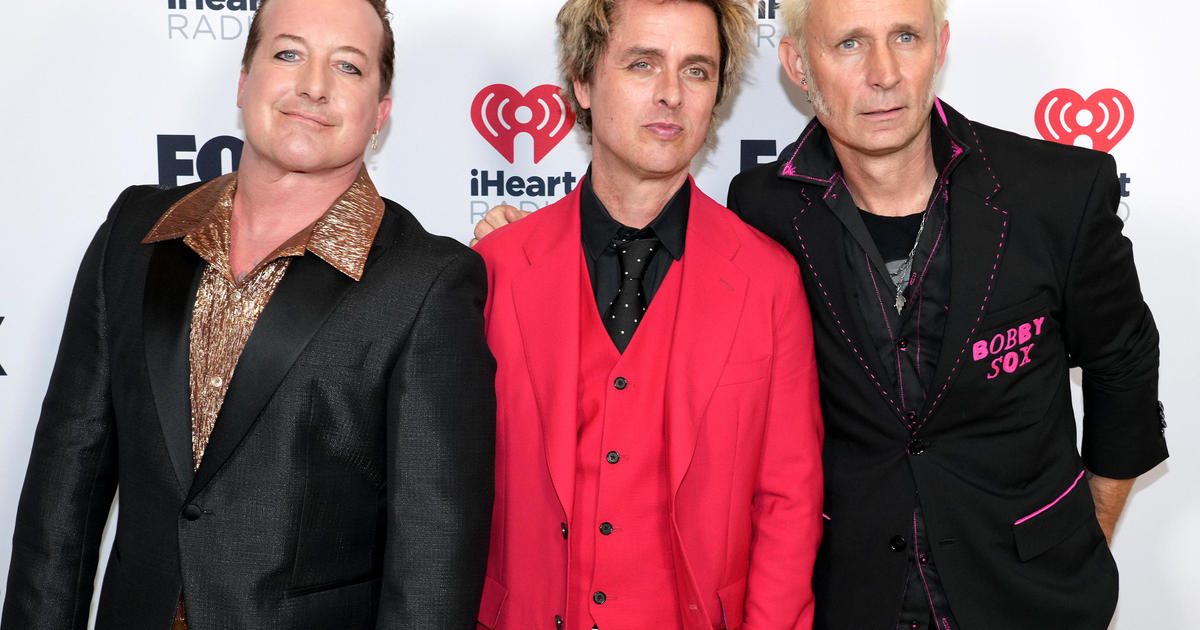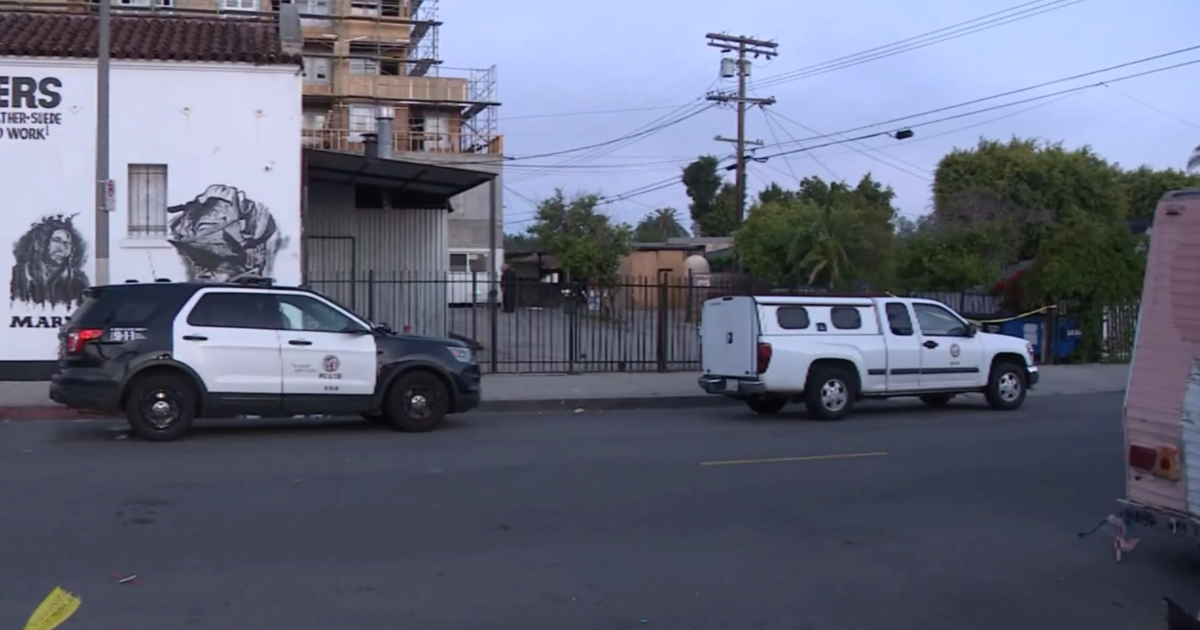LA Librarian: Internet Porn Filters May Be 'Slippery Slope'
LOS ANGELES (CBS) — Is it a step towards child safety or public censorship?
The city's top librarian told City Council members on Tuesday that he would oppose the installation of Internet filters aimed at blocking pornography on public library computers, a position some council members have openly rejected.
"I do think there's a potential to begin a path to being on a slippery slope," City Librarian Martin Gomez told the council. "We think it's the responsibility of the parent to monitor the children's use of the library, including the collection, as well as their computer use."
Council members heard details from Gomez on an incident at the Chinatown Public Library in late December, when patrons told librarians that adults and children waiting to check out books could see a computer user watching pornography.
Councilman Ed Reyes recently asked the city attorney to report to the council on legal options the city has for addressing the incident. He also asked Gomez to survey library branches to ensure computers had privacy screens and were positioned so screens could not be seen from check-out desks.
"We've completed that survey," according to Cheryl Collins, acting director of branch services. "We have five branch libraries that we're in the process of actually moving some of the computers to make sure they're not
visible to people who don't want to look at what's on the screen."
She said the library also ordered new privacy screens to replace old ones that were falling apart and plans to do an annual audit of computers to ensure they all have privacy screens.
"We have thousands of computers in our library system, and I would say that the number of complaints we actually get are maybe a dozen or two," Collins said.
In 2003, the Supreme Court ruled that putting Internet filters on computers at libraries that receive federal funds is constitutional if librarians agree to turn the filter off for people who ask, Deputy City Attorney Basia Jankowski told the council.
She said the ruling does not apply to illegal pornography like child pornography or images that are obscene,
"which taken as a whole do not have serious literary, artistic, political or scientific value."
Councilman Paul Krekorian said that sounded like a good argument for using Internet filters on library computers.
"I'm completely unclear as to why we can't simply deal with this issue through filtering software rather than going in the step of providing a higher degree of privacy for pornography viewers. It just doesn't seem to make sense to me," Krekorian said.
He also questioned whether the library was heading toward a situation where children and adults would have to use separate sections of the library to prevent children from having access to porn.
"This seems to me that we're going, in my view, in the wrong direction in trying to address a difficult problem," Krekorian said, adding that council members have filters on their computers. "I don't see why it should be any
different for members of the public in the libraries."
Gomez said the decision to not use filters is a policy decision established by the Library Commission, adding that the software is not foolproof and may be prone to problems that might be encountered by a person researching a topic like breast cancer.
"The filtering software would actually block information that would be available about that topic because of the term `breast,"' he said.
Additionally, an Internet filter with provisions for requesting it be lifted might actually have a chilling effect on teenagers and others that might be looking for legitimate information, Gomez told the council.
(©2010 CBS Local Media, a division of CBS Radio Inc. All Rights Reserved. This material may not be published, broadcast, rewritten, or redistributed. Wire services contributed to this report.)



